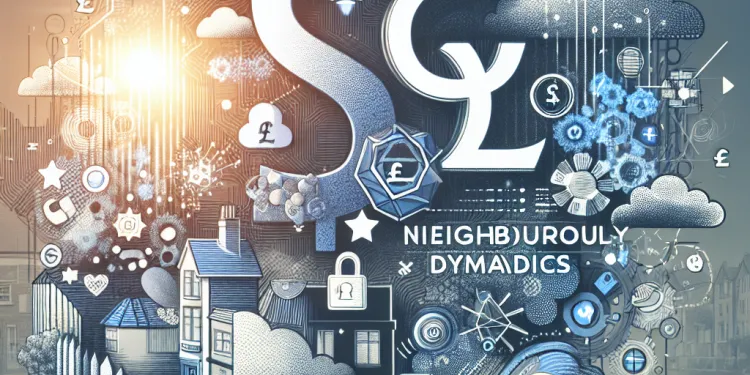
Find A Professional
More Items From Ergsy search
-
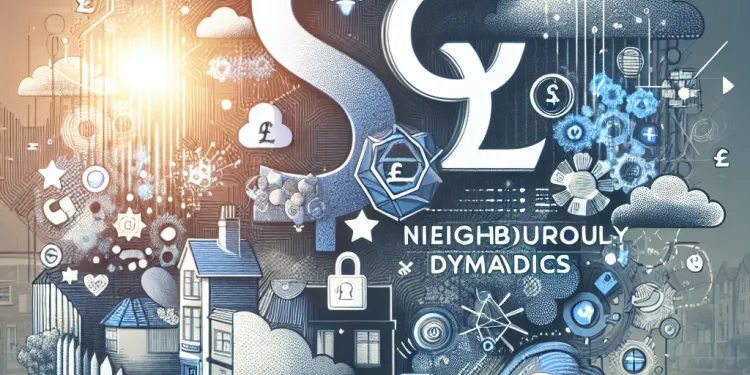
What is my neighbour required to do under GDPR?
Relevance: 100%
-
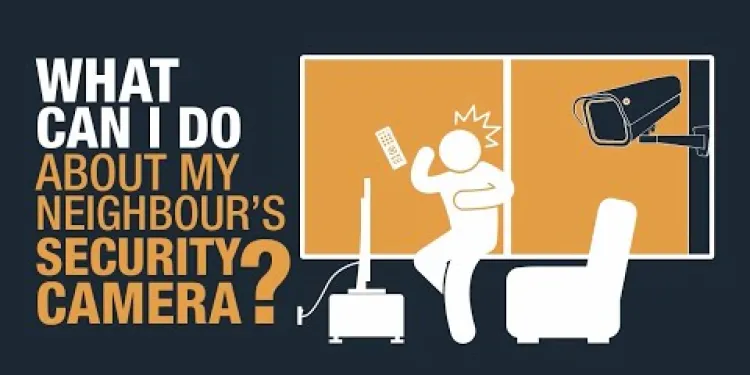
What can I do about my neighbour's security camera?
Relevance: 62%
-

What can I do about my neighbour's security camera?
Relevance: 57%
-
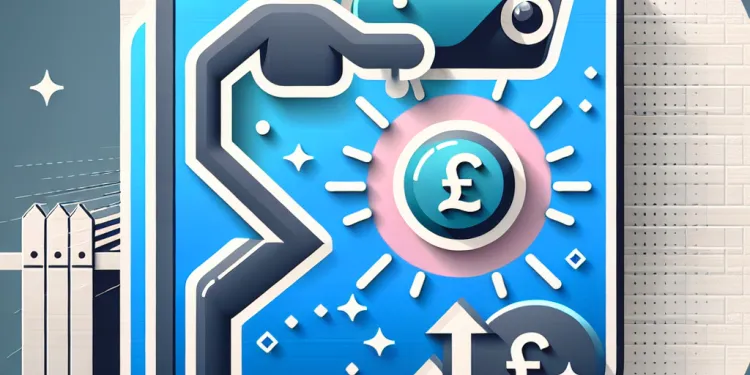
Can I ask my neighbour to reposition their security camera?
Relevance: 56%
-
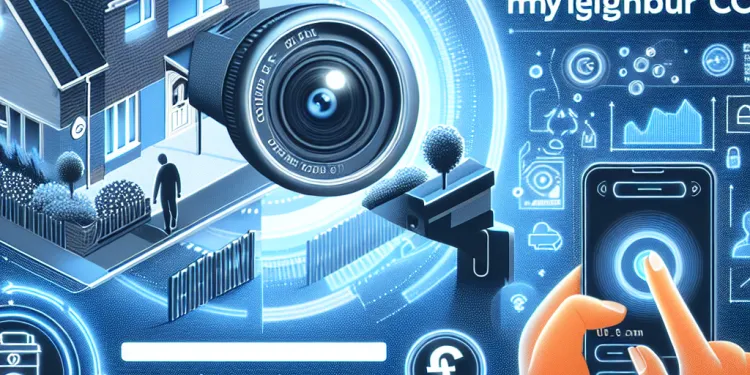
Can I request footage of myself from my neighbour's CCTV?
Relevance: 52%
-
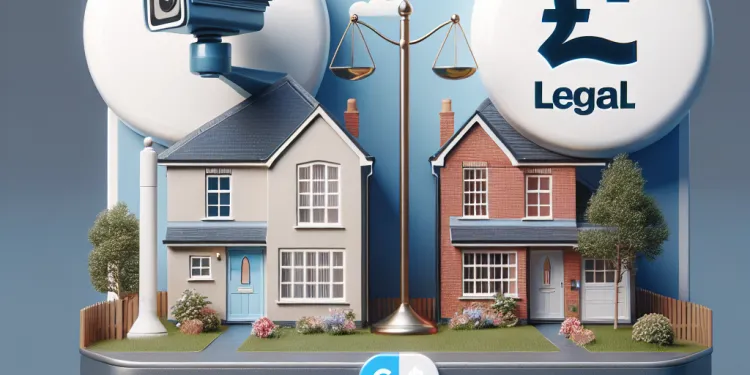
Can the police access my neighbour’s CCTV footage without consent?
Relevance: 45%
-
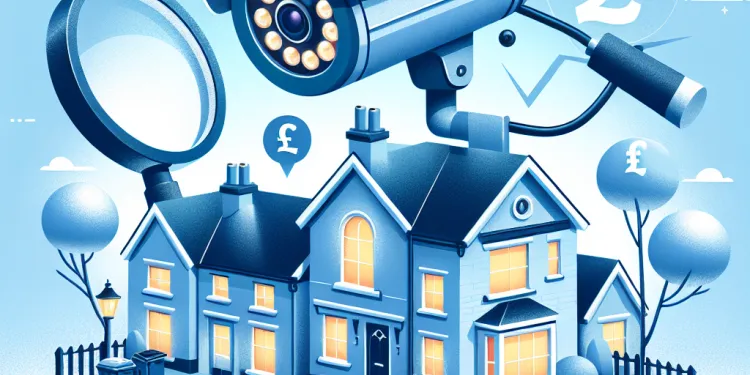
Can my neighbour use footage from their security camera as evidence in disputes?
Relevance: 38%
-
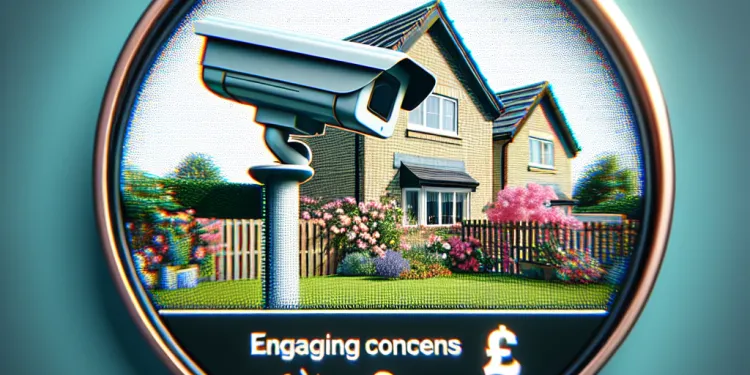
What should I do if I feel my privacy is being invaded by my neighbour's CCTV?
Relevance: 37%
-
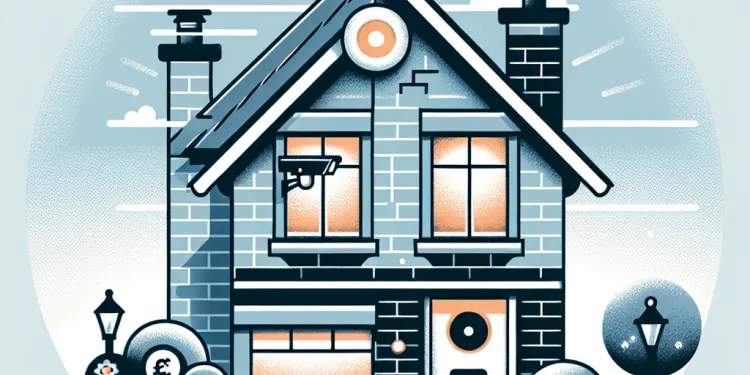
Do neighbours need to inform me if their cameras record my property?
Relevance: 35%
-
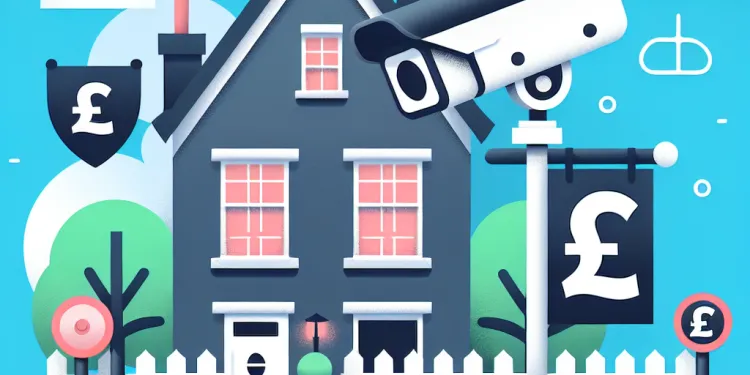
What steps can I take if my neighbour refuses to reposition their security camera?
Relevance: 30%
-
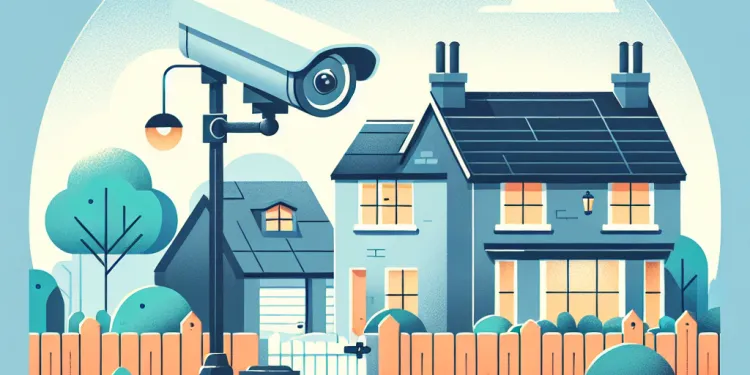
Can my neighbour legally point a security camera at my property?
Relevance: 27%
-
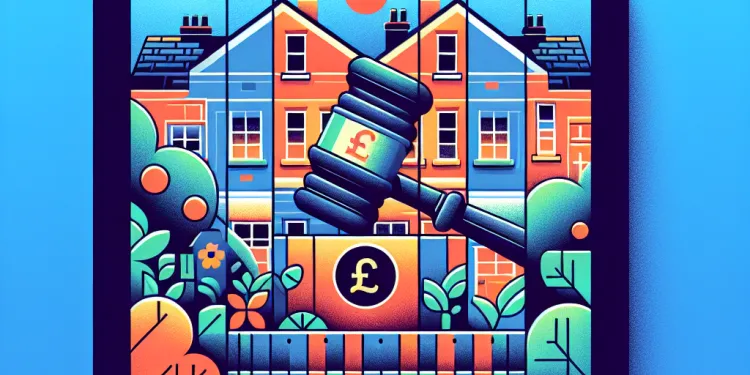
Does the ICO have the power to take action against my neighbour?
Relevance: 22%
-
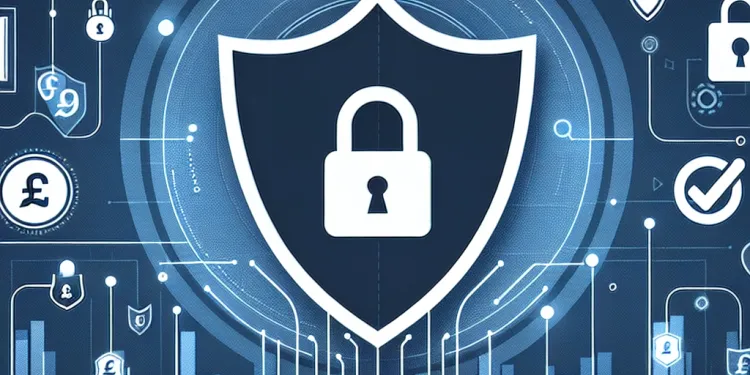
Are companies required to inform me if my data is breached?
Relevance: 18%
-
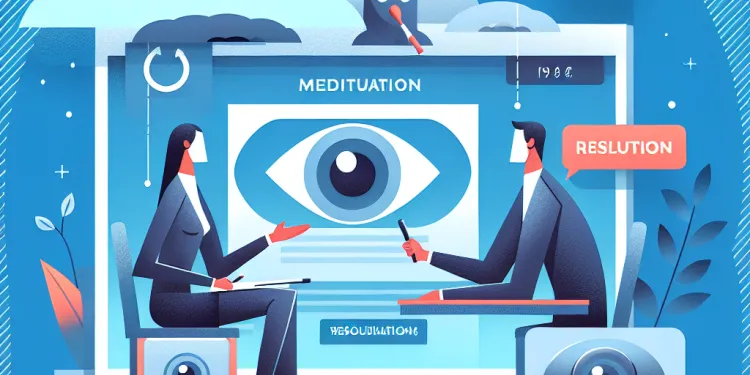
Are there any mediation services for resolving disputes over security cameras?
Relevance: 12%
-
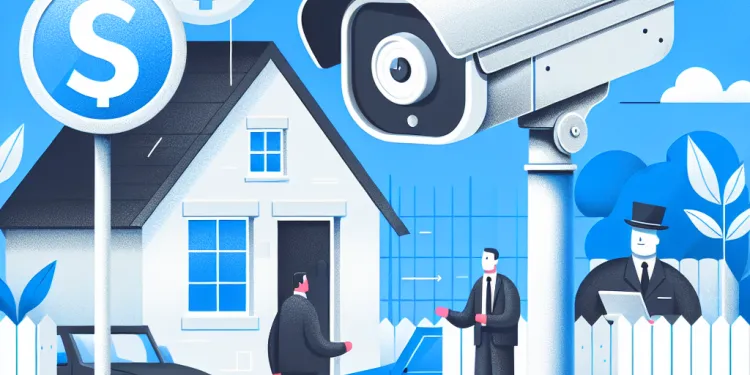
Is it legal for me to block the view of my neighbour's security camera?
Relevance: 10%
-
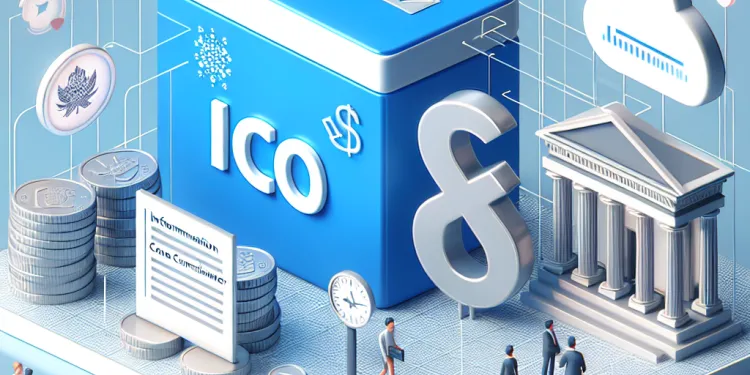
What role does the Information Commissioner’s Office (ICO) play in these disputes?
Relevance: 6%
-
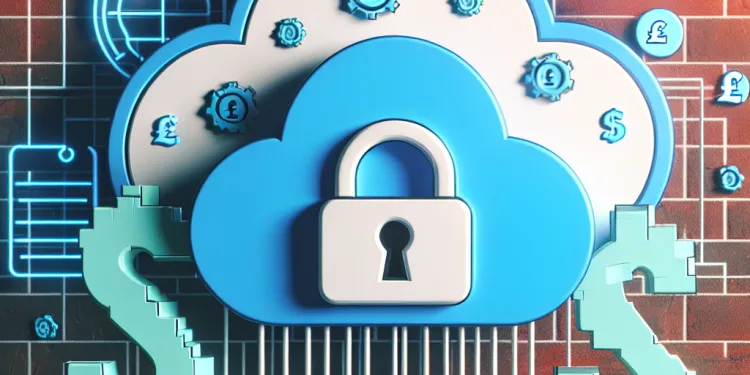
What is a data breach?
Relevance: 6%
-
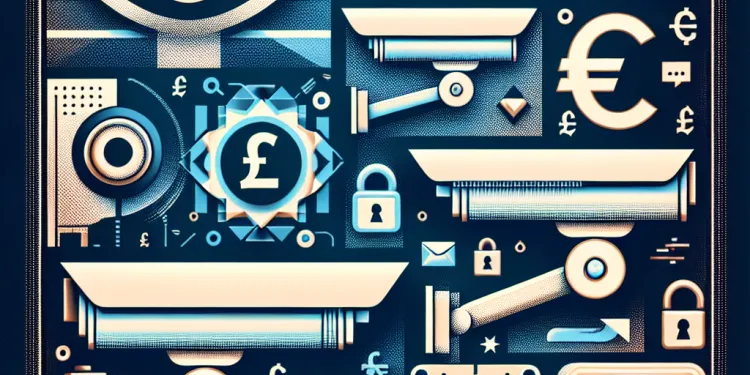
What laws apply to the use of security cameras in the UK?
Relevance: 5%
-
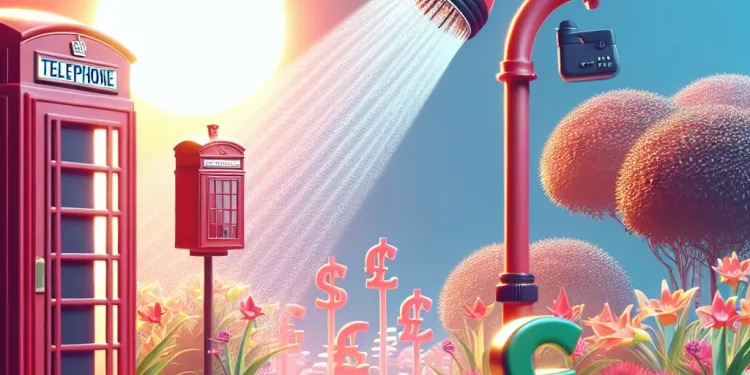
Do hosepipe bans apply to all regions in a country?
Relevance: 5%
-

How can I tell if a security camera is pointing at my property?
Relevance: 4%
-
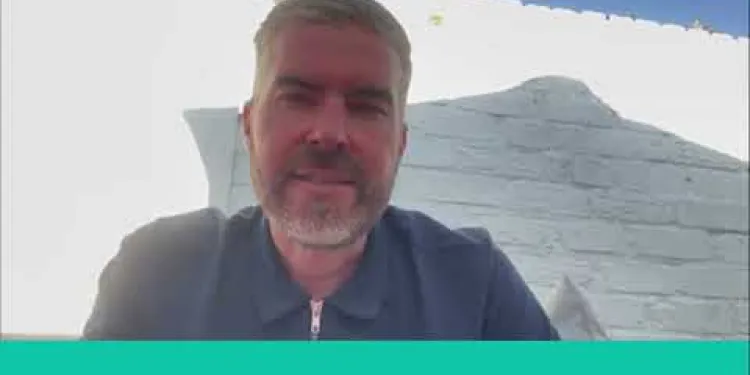
Danny's Story
Relevance: 4%
-

Are AI body scans reliable?
Relevance: 3%
-
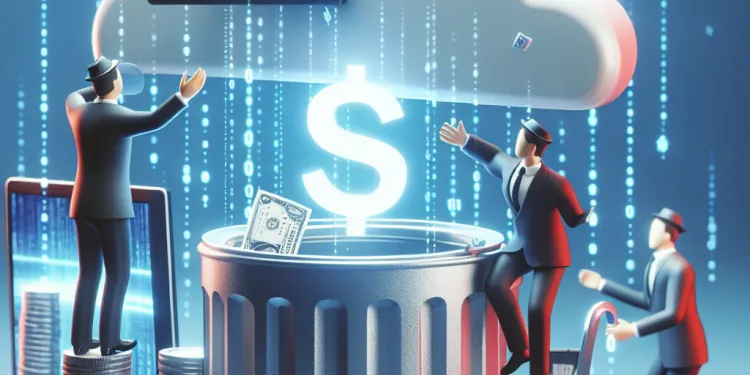
Can I recover data once it has been breached?
Relevance: 3%
-

How do bed bugs enter my home?
Relevance: 3%
-
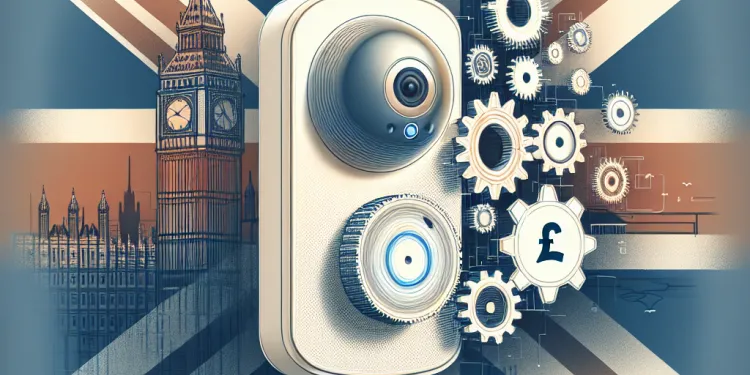
Can I customize motion detection on my Ring Doorbell Camera?
Relevance: 3%
-
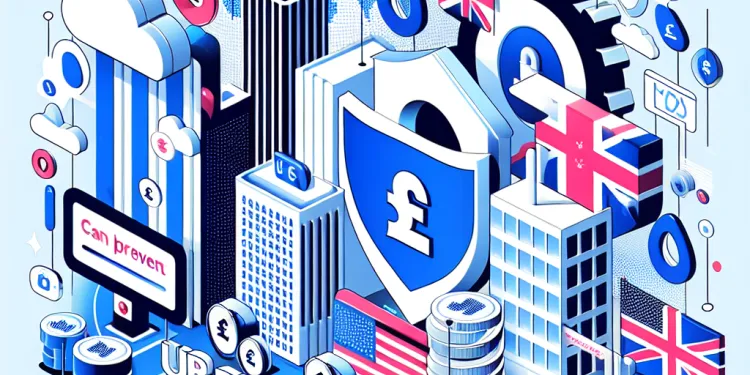
Can I prevent my data from being included in a breach?
Relevance: 3%
-
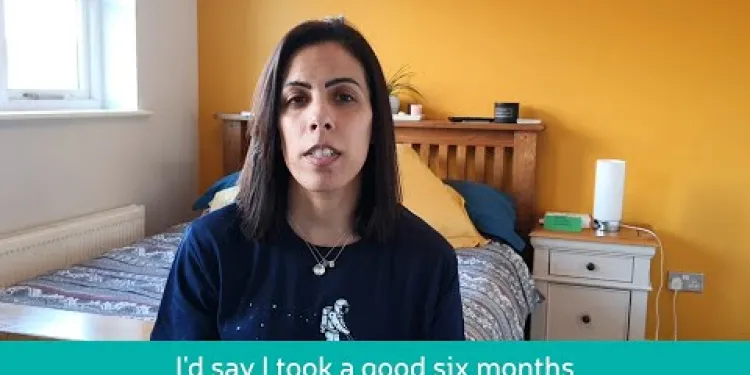
Bowel Cancer
Relevance: 3%
-
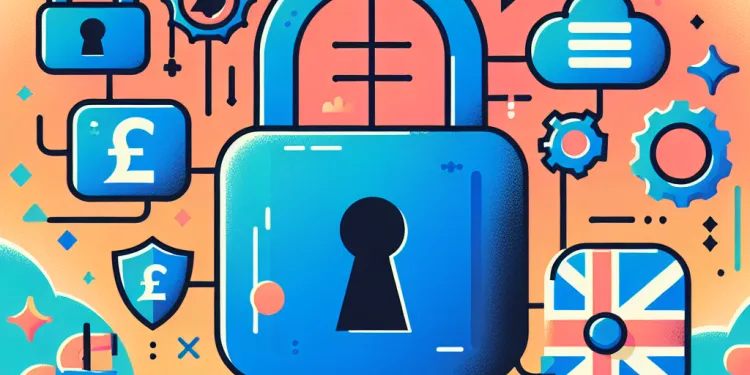
How do I know if my personal information was part of a data breach?
Relevance: 3%
-
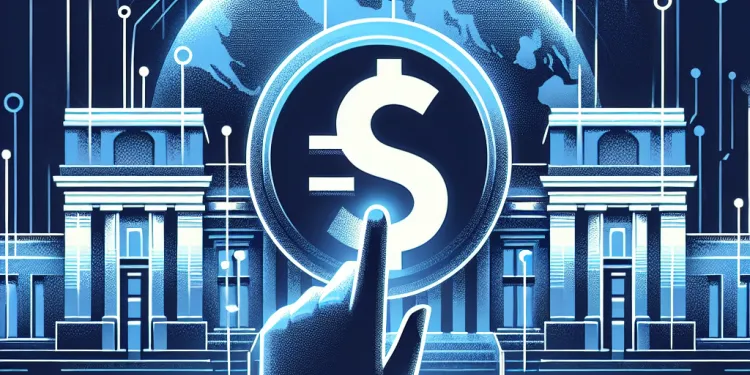
How does a breached company manage the situation?
Relevance: 3%
-
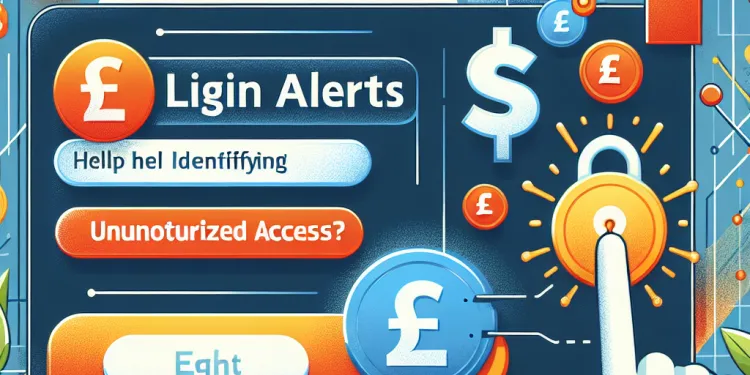
Can login alerts help in identifying unauthorized access?
Relevance: 2%
-
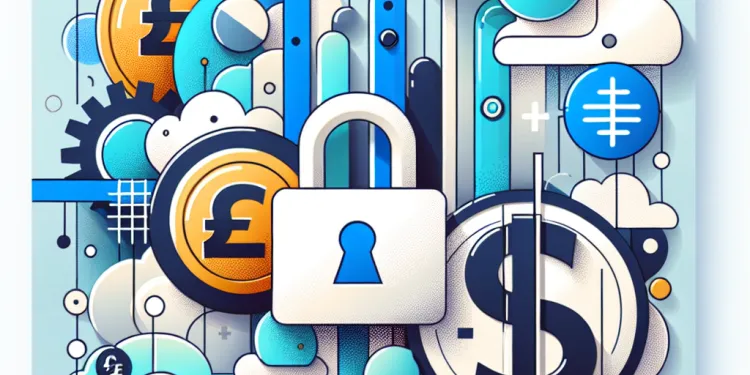
How often should I check for data breaches?
Relevance: 2%
-
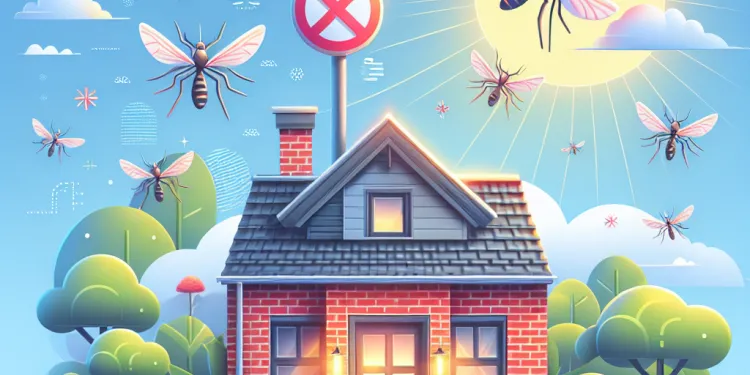
How can I prevent mosquitoes from breeding near my home?
Relevance: 2%
-
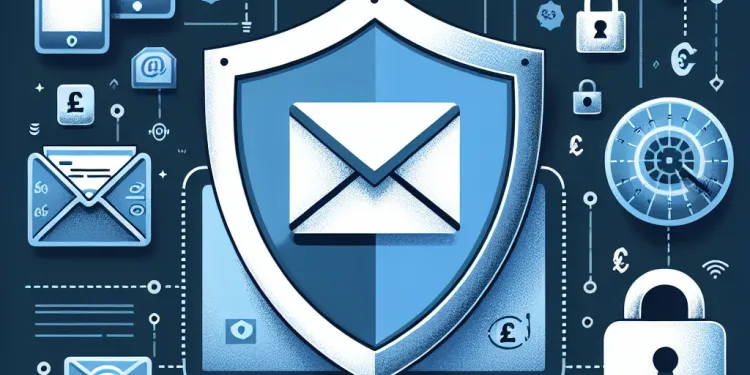
What is the risk of my contacts being compromised if my email is hacked?
Relevance: 2%
-
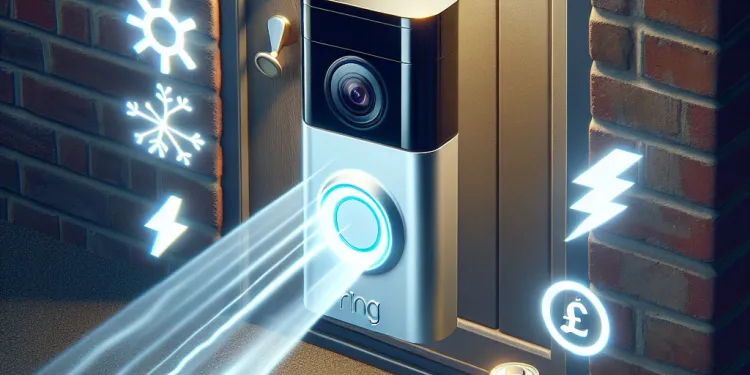
How does a battery-powered Ring Doorbell Camera work?
Relevance: 2%
-
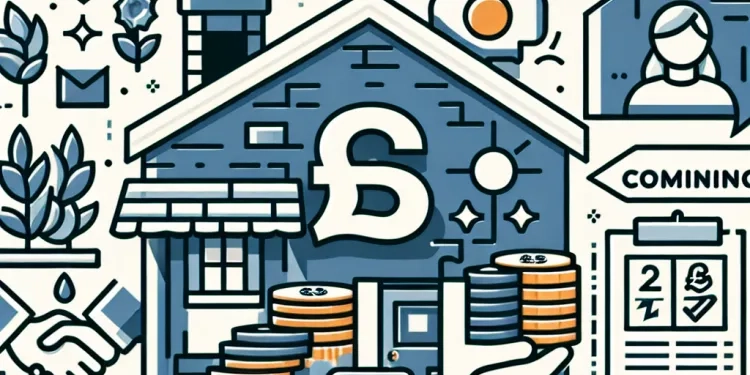
Addressing the Cost of Living Crisis: Community Support and Resources
Relevance: 2%
-
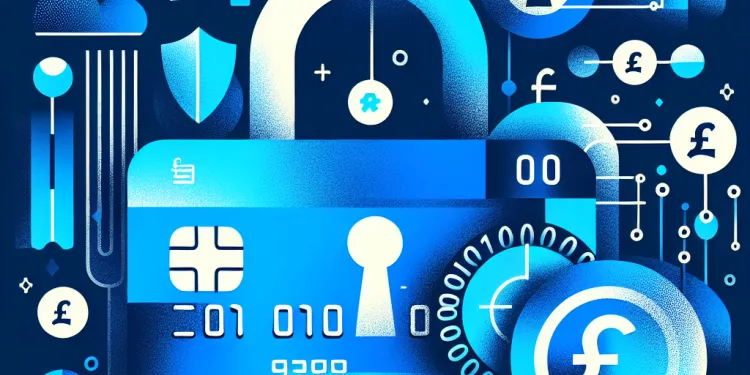
What is identity theft?
Relevance: 2%
-
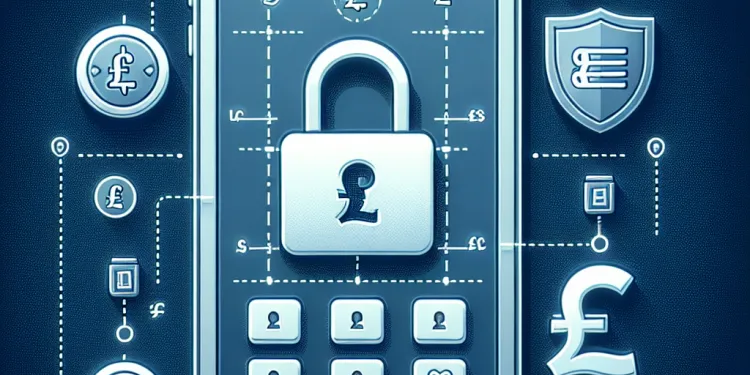
How do Monzo and Revolut keep their apps secure?
Relevance: 1%
-
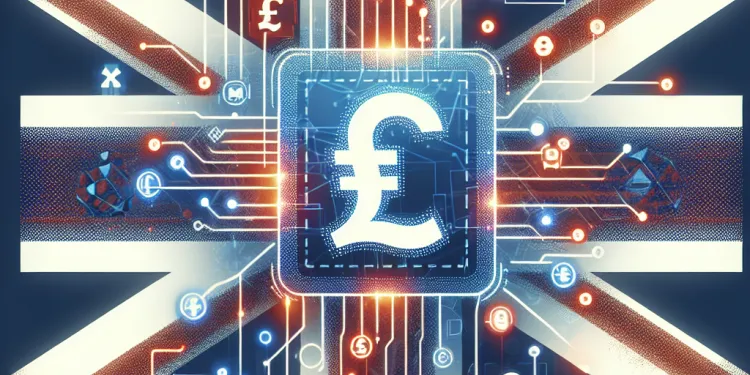
Are online banks like Monzo and Revolut regulated?
Relevance: 1%
-
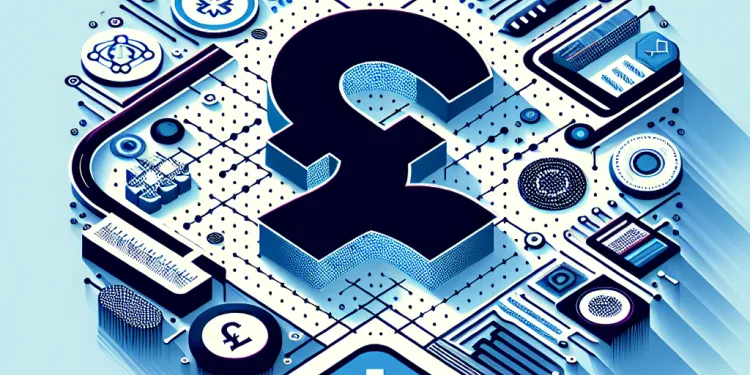
NHS to Expand Digital Health Services to Reduce Appointment Backlogs
Relevance: 1%
-
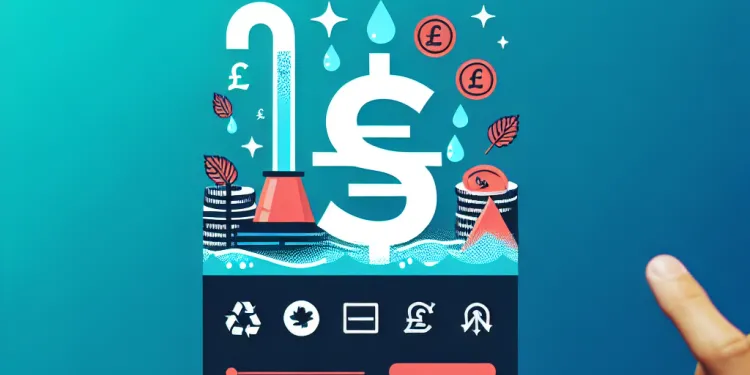
How can individuals help reduce sewage pollution?
Relevance: 1%
Understanding GDPR Responsibility for Individuals
The General Data Protection Regulation (GDPR) lays out specific obligations and responsibilities regarding the handling of personal data within the European Union, and while it primarily targets businesses and organizations, it's important to understand how it applies to individuals. If you’re in the UK, you might be curious about what GDPR means for your neighbour if they handle your personal data. This understanding is particularly relevant given the UK’s adoption of GDPR principles following Brexit, known as the UK GDPR.
GDPR’s Scope and Personal Data
GDPR applies to any handling of personal data, defined as any information that relates to an identified or identifiable person. This includes names, contact information, images, and more. While it principally applies to larger scale, organized data handling and commercial activities, certain activities by individuals could require GDPR compliance if they involve systematic personal data processing.
When GDPR Applies to Personal Activities
For most interpersonal activities, such as casual communication and sharing of information between friends and family, GDPR does not apply. This exemption is known as the "household exemption", covering personal or household activities. However, if your neighbour is processing data for non-personal uses, such as running a small business from home and retaining client information without explicit consent or clear legal basis, GDPR may indeed apply.
Your Neighbour’s Responsibilities
If your neighbour processes personal data beyond personal or household uses, GDPR obligates them to ensure data protection. They must have a lawful basis for processing such data, which could be consent, contractual necessity, legitimate interests balanced with individuals’ rights, or other specified grounds. They must be transparent about how they use personal data, inform data subjects about their rights, and ensure data security to prevent breaches.
Consent and Individual Rights
Under GDPR, individuals have rights regarding their data. This includes the right to access their data, request its correction or erasure, and object to its processing. If your neighbour is processing data that affects you, they must facilitate these rights and obtain clear, informed consent if that is the basis for processing your data.
Compliance and Best Practices
It would be prudent for anyone processing personal data, including your neighbour in a professional or business capacity, to maintain data protection practices. This may involve conducting a data protection impact assessment (DPIA), ensuring privacy by design, and possibly appointing a data protection officer (DPO) in complex scenarios. It's worthwhile for them to familiarize themselves with the Information Commissioner’s Office (ICO) guidance and resources, as this ensures they are aligned with both GDPR and UK GDPR norms.
Understanding GDPR Responsibility for Individuals
GDPR is a set of rules to protect people's personal data in Europe. It mainly affects businesses, but individuals need to know about it too. If someone in the UK, like your neighbour, handles your personal data, they need to follow these rules. This is because the UK follows GDPR rules too, even after Brexit. This version is called the UK GDPR.
GDPR’s Scope and Personal Data
GDPR applies when someone handles personal data. Personal data means any info that can identify you, like your name or photo. It usually involves big companies, but sometimes individuals need to follow these rules too, especially if they handle a lot of personal data regularly.
When GDPR Applies to Personal Activities
When you chat with friends or family, GDPR does not apply. This is called the "household exemption." But if your neighbour uses personal data for a business, like keeping customer info without permission, they might need to follow GDPR rules.
Your Neighbour’s Responsibilities
If your neighbour uses personal data for more than just personal or family reasons, they must protect it. They need a good reason for using the data, like having your permission, needing it for a contract, or other legal reasons. They must say how they use the data, ensure it is safe, and tell people their rights.
Consent and Individual Rights
GDPR gives people rights over their data. You can ask to see your data, fix it, delete it, or stop it from being used. If your neighbour is using your data, they must respect these rights. If they need your permission, they must ask clearly and make sure you understand.
Compliance and Best Practices
Anyone using personal data, like your neighbour for a business, should follow good data protection practices. They might need to check how they use data, design their systems to protect privacy, or even hire someone to oversee data protection. They should learn from the Information Commissioner’s Office (ICO) to stay in line with GDPR and UK GDPR rules.
Frequently Asked Questions
What is GDPR?
The General Data Protection Regulation (GDPR) is a comprehensive data protection law in the EU that regulates how personal data is collected, used, and processed.
Does GDPR apply to individuals like my neighbor?
GDPR generally applies to organizations and businesses, but individuals can be subject to GDPR if they process personal data for commercial or professional purposes.
Is my neighbor required to comply with GDPR while processing personal data?
If your neighbor processes personal data as part of their business activities, they are required to comply with GDPR.
What personal data is protected under GDPR?
GDPR protects personal data that can identify a person, such as names, addresses, email addresses, and more.
Can my neighbor collect my personal data without my consent?
Under GDPR, personal data should only be collected with a legal basis, such as consent, contract necessity, or legitimate interest.
Are there specific GDPR obligations for household processing of personal data?
GDPR does not apply to purely personal or household activities, such as managing personal contacts.
What happens if my neighbor violates GDPR?
If a neighbor processes personal data in a way that breaches GDPR, they may face regulatory action, including fines.
Does GDPR require personal data to be kept secure by my neighbor?
Yes, GDPR mandates appropriate security measures to protect personal data from unauthorized access or breaches.
What should I do if my neighbor mishandles my personal data?
You can ask your neighbor to correct the issue or report it to a data protection authority if necessary.
Does GDPR apply to non-EU neighbors storing my data in the EU?
Yes, GDPR can apply to non-EU entities if they process the personal data of individuals within the EU.
Can my neighbor share my personal data with third parties?
Sharing personal data under GDPR requires a legal basis, and individuals should be informed about who their data is shared with.
What rights do I have over my personal data under GDPR?
GDPR provides rights such as access, rectification, erasure, and the right to object to data processing.
How can I request my personal data from my neighbor?
You can make a data subject access request (DSAR) to see what data your neighbor holds about you.
Does my neighbor need to appoint a Data Protection Officer (DPO)?
A Data Protection Officer is required if the processing is substantial or involves sensitive data, but likely not for most individuals.
What is the role of data minimization under GDPR for my neighbor?
Data minimization means collecting only the data necessary for the specified purpose and nothing more.
Do I have the right to object to my neighbor processing my personal data?
Yes, you have the right to object to certain types of data processing under GDPR.
How quickly must my neighbor respond to a data access request?
Under GDPR, a data access request should be responded to within one month.
Is it necessary for my neighbor to report data breaches?
Yes, under GDPR significant data breaches must be reported to the relevant data protection authority within 72 hours.
Can my neighbor continue processing my data if I withdraw consent?
If consent is the sole legal basis, processing should stop upon withdrawal unless another legal basis exists.
Are there penalties for GDPR non-compliance for individuals like my neighbor?
Yes, fines and penalties can be imposed for GDPR non-compliance, depending on the severity of the breach.
What is GDPR?
GDPR stands for General Data Protection Regulation. It is a rule in Europe.
GDPR helps keep our personal information safe.
For more help, you can use pictures or videos to understand GDPR better.
The GDPR is a big law in the European Union. It tells people how they can collect, use, and look after your personal information.
Does GDPR affect people like my neighbor?
GDPR is a rule for keeping personal information private. It is for businesses and groups, not for people living in their own homes. So, it usually doesn’t affect your neighbor. But if your neighbor runs a business, it might.
If you want help with reading, you can:
- Ask someone to read it with you.
- Use a text-to-speech tool on your device.
- Break down the text into smaller parts.
GDPR is a set of rules. It usually applies to companies and businesses. But sometimes, it can also apply to people if they are using personal data for work or to make money.
Tools that can help are:
- Using apps that explain the rules in simple words.
- Asking someone to help if you're not sure what the rules mean.
Does my neighbor have to follow data rules when using personal information?
If your neighbor uses personal data for their work, they must follow GDPR rules.
What personal data is protected under GDPR?
GDPR is a law that keeps people's information safe. It takes care of your personal data. This is information like your name, where you live, your email, and your phone number. It can also be things like what you like to do online.
If you want help with reading, you can ask someone to explain things to you. You can also use e-readers or audiobooks to help you understand better.
GDPR keeps personal data safe. Personal data is things like names, where people live, and their email addresses. This data can show who a person is.
Can my neighbor take my personal information without asking me?
There are rules called GDPR. These rules say we can only collect personal information if we have a good reason. Good reasons can be when you say it’s okay, when it’s needed for a contract, or when it’s important for a business.
Do I need to follow GDPR rules when using personal data at home?
If you are using personal data just for yourself, like family photos or contact numbers, GDPR rules usually do not apply. This is because these are personal activities.
But if you share personal data outside your home, or use it for work, GDPR rules might apply.
Helpful Tip: Make sure to keep your personal data safe and don't share it without asking permission.
GDPR rules do not cover things you do at home or with family and friends, like keeping a list of your friends' phone numbers.
What if my neighbor breaks the GDPR rules?
If a neighbor uses personal data in a wrong way, they could get in trouble and might have to pay money as a penalty.
Does GDPR make my neighbor keep my personal data safe?
GDPR is a rule for keeping personal data safe. If your neighbor has your personal data, they must keep it safe and private. You can ask them what they do to protect it.
If you find it hard to understand, you can ask someone to explain it to you. You can also look for videos or pictures that make it clearer.
Yes, the law says we must keep personal data safe. This means we need the right tools and actions to stop others from seeing it without permission or breaking into it.
What should I do if my neighbor uses my personal information in the wrong way?
If your neighbor does something wrong with your personal information, here's what you can do:
1. **Talk to your neighbor:** Try to explain the problem and ask them to stop.
2. **Write it down:** Keep notes about what happened. Write dates and details.
3. **Ask for help:** Talk to a trusted adult or friend for advice.
4. **Contact the right people:** You can report the problem to an agency that helps with privacy, like the police or a local privacy office.
Use helpful tools:
- **Apps and websites** can guide you, like privacy advice sites.
- **Ask someone to come with you** when you talk to your neighbor, to make it easier.
You can ask your neighbor to fix the problem. If needed, you can also tell a group that looks after people's information to help.
Does the GDPR apply to neighbors outside the EU who keep my data in the EU?
GDPR is a set of rules made by the European Union (EU) to protect personal data. Personal data can be your name, address, or anything that identifies you.
If someone outside the EU stores your personal data in the EU, the GDPR rules still protect your data. So, even if your neighbors or companies are not in the EU, they must follow the GDPR rules if they keep your data in the EU.
You can ask for help if you do not understand GDPR. Supportive tools like voice-to-text apps or talking to a friend can help you learn more.
Yes, GDPR rules can apply to companies outside the EU if they use the personal data of people in the EU.
Can my neighbor give my personal information to other people?
To share someone's personal data, there needs to be a good reason. This is called a "legal basis." People should know who gets to see their data.
What can I do with my personal information under GDPR?
The GDPR is a law that helps you control your personal information.
- You can ask to see your information.
- You can fix wrong information.
- You can ask to delete your information.
- You can say no to some uses of your information.
- You can move your information to another place.
- Use tools like voice assistance or read-aloud software if needed.
GDPR gives you some important rights. These include:
- The right to see your data.
- The right to change your data if it's wrong.
- The right to delete your data.
- The right to say "no" to using your data.
If you need help, you can use tools that read text out loud or help you understand more easily.
How do I ask my neighbor for my personal information?
You can ask your neighbor for your information. Here are some easy steps you can follow:
- Talk to your neighbor. Be polite. Say, "Can I have my information, please?"
- Write a simple note. You can say, "Please give me my personal information."
- Ask someone to help you. This could be a friend or support worker.
If you feel unsure, you can use tools like voice-to-text apps to help you write or ask.
You can ask to see what information your neighbor has about you. This is called a DSAR.
Does my neighbor need a Data Protection Officer (DPO)?
A Data Protection Officer (DPO) helps keep private information safe.
Your neighbor might need a DPO if:
- They collect a lot of personal information.
- They use the information for work or business.
If unsure, ask a grown-up for help or use a trusted website to learn more.
You need a Data Protection Officer if you are using a lot of personal information or handling very private information. But most people probably do not need one.
What does data minimization mean in GDPR for my neighbor?
GDPR is a law about keeping people's data safe in Europe.
Data minimization means only using the smallest amount of personal information that is needed.
For example, if my neighbor has an online shop, he should only ask customers for information necessary to send orders, like their address.
He should not ask for more information than he needs.
Using tools like checklists can help remember what information is really needed.
Data minimization means only taking the data you really need and nothing extra.
Can I say "no" if my neighbor wants to use my personal information?
Yes, you can say no to some ways your data is used because of GDPR rules.
How fast should my neighbor reply to a data request?
If you ask your neighbor for some information, they should answer you fast. Here are some tips to help understand:
- Neighbors should try to reply in about a month.
- If it takes longer, they should tell you why.
- You can remind them if they take too long.
If you need help, ask a friend or family member to explain the rules to you. You can also use simple reminders or notes to track requests and responses.
If you ask for your data, we have to answer you in one month.
Does my neighbor need to tell someone if data gets stolen?
Data stealing means someone took private information. It's important to know if this happens.
Your neighbor should tell someone if data gets stolen. This helps people stay safe
Your neighbor can use tools like easy checklists to remember what to do.
Talking to an expert can also help if they have questions.
Yes, if there is a big problem with data, it must be told to the right data protection office in 72 hours.
Here are some tips that might help:
- Use simple words.
- Break information into short sentences.
- Use pictures or things like videos to help explain.
- Ask for help if you do not understand something.
Can my neighbor keep using my information if I say no?
If you told your neighbor they could use your information, but now you want them to stop, you can say "no" or "withdraw consent." This means you don't want them to use your information anymore.
Here are some tools and techniques to help manage this:
- Talking to someone you trust, like a family member, for advice.
- Writing a simple letter or message to your neighbor saying you want them to stop.
- Using pictures or drawings to show what you mean when talking to your neighbor.
If you only have permission to use personal data, you must stop using it if permission is taken back, unless there is another reason you can use it.
What happens if someone like my neighbor does not follow GDPR rules?
Yes, if you break the GDPR rules, you might have to pay a fine. How big the fine is depends on how serious the rule-breaking is.
Useful Links
- Ergsy carfully checks the information in the videos we provide here.
- Videos shown by Youtube after a video has completed, have NOT been reviewed by ERGSY.
- To view, click the arrow in centre of video.
- Most of the videos you find here will have subtitles and/or closed captions available.
- You may need to turn these on, and choose your preferred language.
- Go to the video you'd like to watch.
- If closed captions (CC) are available, settings will be visible on the bottom right of the video player.
- To turn on Captions, click settings .
- To turn off Captions, click settings again.
More Items From Ergsy search
-

What is my neighbour required to do under GDPR?
Relevance: 100%
-

What can I do about my neighbour's security camera?
Relevance: 62%
-

What can I do about my neighbour's security camera?
Relevance: 57%
-

Can I ask my neighbour to reposition their security camera?
Relevance: 56%
-

Can I request footage of myself from my neighbour's CCTV?
Relevance: 52%
-

Can the police access my neighbour’s CCTV footage without consent?
Relevance: 45%
-

Can my neighbour use footage from their security camera as evidence in disputes?
Relevance: 38%
-

What should I do if I feel my privacy is being invaded by my neighbour's CCTV?
Relevance: 37%
-

Do neighbours need to inform me if their cameras record my property?
Relevance: 35%
-

What steps can I take if my neighbour refuses to reposition their security camera?
Relevance: 30%
-

Can my neighbour legally point a security camera at my property?
Relevance: 27%
-

Does the ICO have the power to take action against my neighbour?
Relevance: 22%
-

Are companies required to inform me if my data is breached?
Relevance: 18%
-

Are there any mediation services for resolving disputes over security cameras?
Relevance: 12%
-

Is it legal for me to block the view of my neighbour's security camera?
Relevance: 10%
-

What role does the Information Commissioner’s Office (ICO) play in these disputes?
Relevance: 6%
-

What is a data breach?
Relevance: 6%
-

What laws apply to the use of security cameras in the UK?
Relevance: 5%
-

Do hosepipe bans apply to all regions in a country?
Relevance: 5%
-

How can I tell if a security camera is pointing at my property?
Relevance: 4%
-

Danny's Story
Relevance: 4%
-

Are AI body scans reliable?
Relevance: 3%
-

Can I recover data once it has been breached?
Relevance: 3%
-

How do bed bugs enter my home?
Relevance: 3%
-

Can I customize motion detection on my Ring Doorbell Camera?
Relevance: 3%
-

Can I prevent my data from being included in a breach?
Relevance: 3%
-

Bowel Cancer
Relevance: 3%
-

How do I know if my personal information was part of a data breach?
Relevance: 3%
-

How does a breached company manage the situation?
Relevance: 3%
-

Can login alerts help in identifying unauthorized access?
Relevance: 2%
-

How often should I check for data breaches?
Relevance: 2%
-

How can I prevent mosquitoes from breeding near my home?
Relevance: 2%
-

What is the risk of my contacts being compromised if my email is hacked?
Relevance: 2%
-

How does a battery-powered Ring Doorbell Camera work?
Relevance: 2%
-

Addressing the Cost of Living Crisis: Community Support and Resources
Relevance: 2%
-

What is identity theft?
Relevance: 2%
-

How do Monzo and Revolut keep their apps secure?
Relevance: 1%
-

Are online banks like Monzo and Revolut regulated?
Relevance: 1%
-

NHS to Expand Digital Health Services to Reduce Appointment Backlogs
Relevance: 1%
-

How can individuals help reduce sewage pollution?
Relevance: 1%